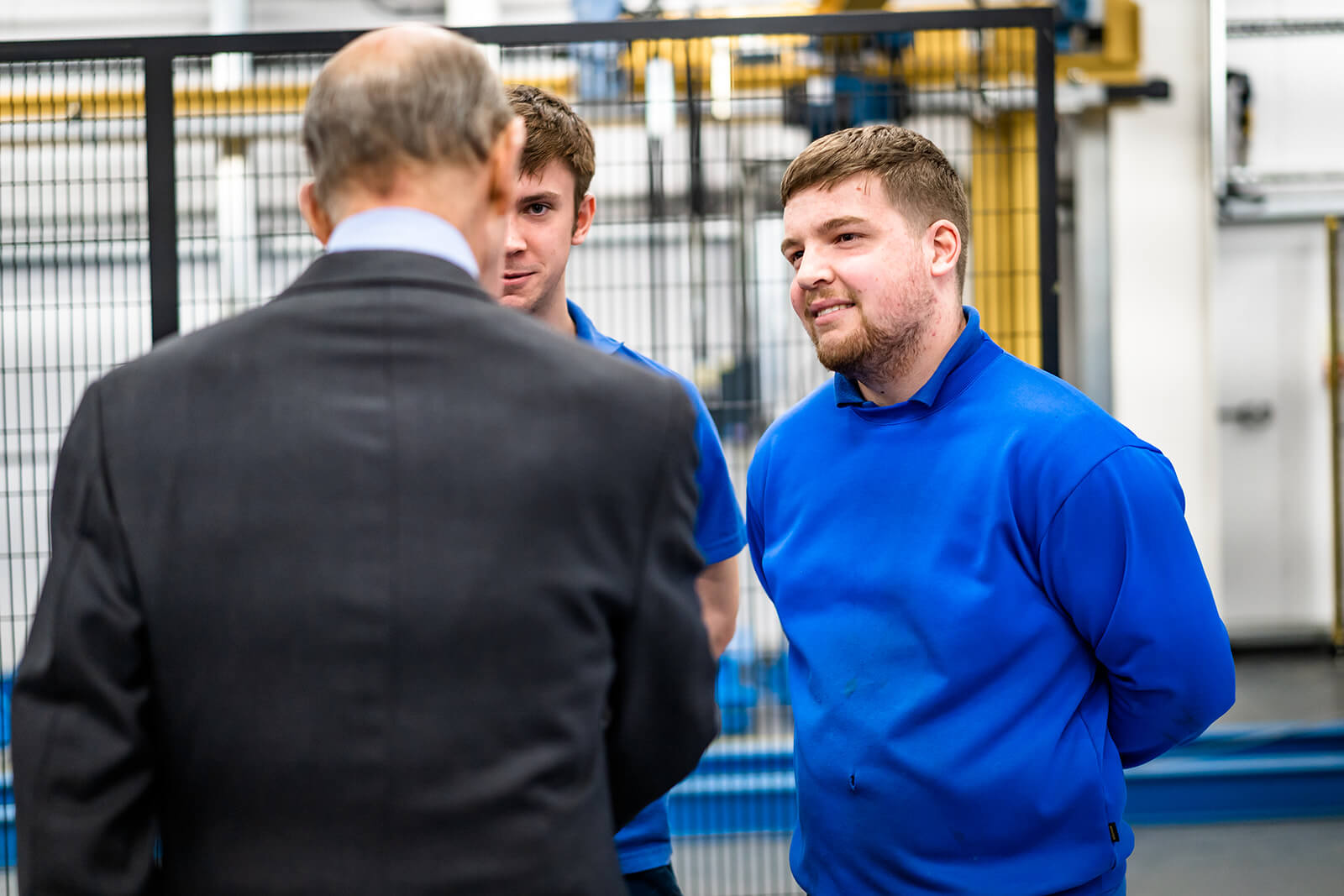In modern manufacturing, Computer Numerical Control (CNC) machining stands at the forefront of precision and efficiency. Highly skilled CNC Machinists are the backbone of industries ranging from aerospace and automotive to healthcare. For school leavers in the UK seeking a rewarding career path that combines technology, craftsmanship, and opportunity for growth, becoming a CNC machinist presents an exciting avenue. In this short guide, we’ll delve into the steps you can take to embark on this fulfilling journey.
Understanding the Role
Before delving into the specifics, it’s crucial to grasp the essence of a CNC machinist’s role. CNC machinists operate computer-controlled machinery to produce precision components used in various industries. They interpret technical drawings, set up machines, select the appropriate cutting tools, and monitor the machining process to ensure accuracy and quality.
Education and Qualifications
While formal qualifications aren’t always mandatory, they significantly enhance your prospects in the field. Speak to your local College (we work closely with Cambridge Regional College) or your careers advisor for help. Here’s a typical educational pathway:
GCSEs (or Equivalent)
Focus on obtaining good grades in Mathematics, Design and Technology, and Physics. These subjects provide foundational knowledge essential for CNC machining.
Vocational Courses
Consider enrolling in vocational courses such as BTEC or City & Guilds qualifications in Engineering or Manufacturing. These programs offer practical skills and knowledge relevant to CNC machining.
Apprenticeships
Apprenticeships provide a fantastic blend of on-the-job training and classroom learning. Many manufacturing companies such as Stonehill Engineering offer CNC machinist apprenticeships, allowing you to earn while you learn and gain invaluable hands-on experience. Stonehill Engineering runs a highly successful Apprenticeship Scheme, with peer support, mentoring, personal development pathways, and great career prospects.
Developing Skills
In addition to formal education, cultivating specific skills is essential for success as a CNC machinist:
Technical Aptitude
Develop a strong understanding of mechanical principles, mathematics, and computer literacy. Familiarize yourself with CAD (Computer-Aided Design) software, as it’s integral to interpreting technical drawings.
Attention to Detail
Precision is paramount in CNC machining. Cultivate a keen eye for detail and the ability to work meticulously to exact specifications.
Problem-Solving Skills
CNC machining often involves troubleshooting and problem-solving. Hone your analytical abilities to identify and rectify issues that may arise during the machining process.
Communication
Effective communication is key when collaborating with colleagues or interpreting technical instructions. Develop your verbal and written communication skills to ensure clarity and coherence in your work.
Gaining Experience
Securing hands-on experience is invaluable in the journey to becoming a proficient CNC machinist:
Work Placements
Seek opportunities for work placements or internships in manufacturing companies. These experiences provide firsthand exposure to CNC machining processes and workplace dynamics.
Part-Time Jobs
Consider part-time roles or entry-level positions in manufacturing environments. Even roles such as machine operator assistants can offer valuable insights into the industry.
Continued Learning and Progression
The field of CNC machining is dynamic, with advancements in technology and techniques continually evolving. To stay abreast of developments and progress in your career, consider:
Further Education
Consider pursuing higher education qualifications such as HNCs or HNDs in Engineering or Manufacturing. These courses offer deeper insights into advanced machining techniques and management principles.
Specialization
As you gain experience, explore opportunities for specialization in niche areas such as aerospace machining or medical device manufacturing. Specialized knowledge can enhance your value in the job market.
Professional Development
Attend workshops, seminars, and industry events to network with professionals and stay updated on industry trends. Professional certifications, such as those offered by institutions like the Institute of Engineering and Technology (IET), can also enhance your credentials.
Summary
Becoming a CNC machinist in the UK offers school leavers a promising career path characterized by technical expertise, hands-on craftsmanship, and opportunities for advancement. By acquiring the necessary education, developing essential skills, gaining practical experience, and committing to continuous learning and growth, you can embark on a fulfilling journey in this dynamic and vital industry. Whether you’re shaping components for the latest automotive innovations or crafting intricate parts for medical devices, the role of a CNC machinist is integral to driving innovation and progress in manufacturing. Embrace the challenge, and let your journey to becoming a CNC machinist begin!










